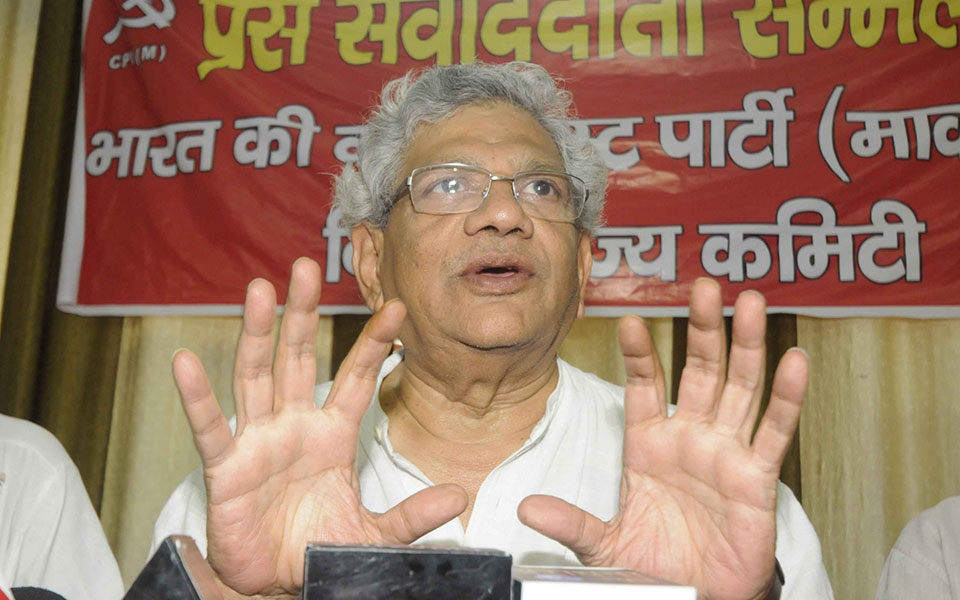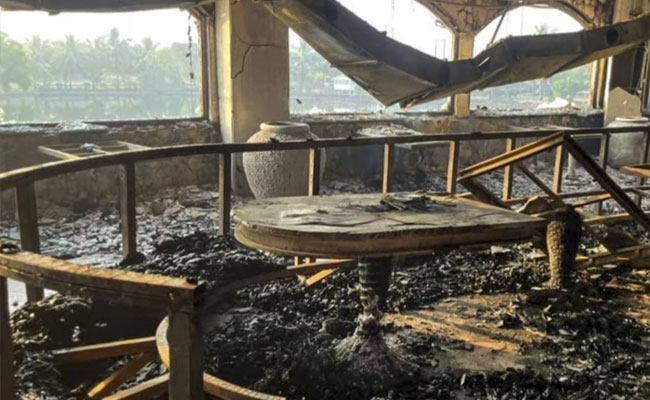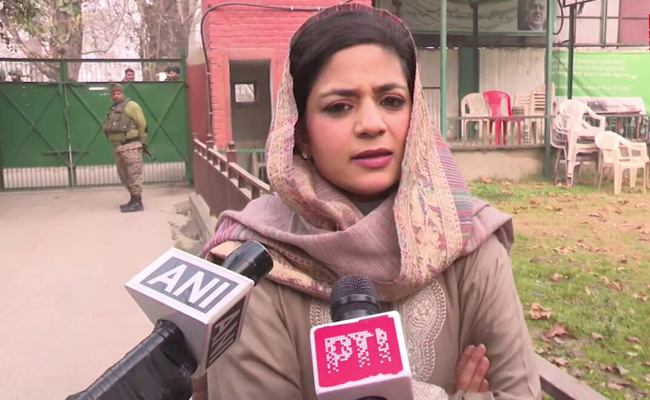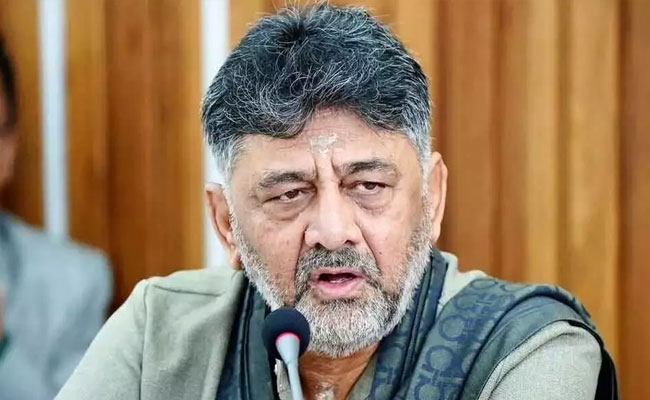New Delhi, July 4: Within hours of the apex court ruling that Delhi's Lt Governor was constitutionally bound by the "aid and advice" of the elected government, the Delhi government on Wednesday directed officials to expedite projects like installation of CCTV cameras and doorstep delivery of ration.
"The cabinet has directed all the officers to work as per the Supreme Court's orders and expedite the work of CCTV camera installation and doorstep ration delivery, which was earlier obstructed by the Lt. Governor," Deputy Chief Minister Manish Sisodia told the reporters here.
He said that with this decision, the elected government "only needs to inform the Lt. Governor Anil Baijal and not get approval over every other project of Delhi".
Sisodia also expressed his contentment over the fact that the power which was taken from the Delhi government two years ago are now being restored and now the Delhi Government and not the LG has the power to transfer or post IAS and other officers.
"Two years back as per a High Court decision, the power to transfer and post officers was taken away from the elected government of Delhi and was reposed with the LG and other officials," he said.
"Being the Minister of Services, I have now ordered that this system be changed with immediate effect and be given back to the Chief Minister and Deputy Chief Minister," he told reporters here.
Meanwhile, Communist Party of India-Marxist General Secretary Sitaram Yechury, in his reaction to the ruling, accused the BJP of "destroying our federal structure" by misusing the role of LGs and Governors.
"The role of LGs and Governors and their misuse has been brought into sharp focus by today's judgement. BJP's charade of cooperative federalism and in reality destroying our federal structure is condemnable. LGs/Governors cannot usurp rights of an elected state government," Yechury tweeted.
A Supreme Court Constitution Bench on Wednesday ruled in favour of the Arvind Kejriwal government saying the real powers of governance in Delhi rest with the elected representatives.
Let the Truth be known. If you read VB and like VB, please be a VB Supporter and Help us deliver the Truth to one and all.
Bengaluru (PTI): A five-year-old boy was injured after he was allegedly kicked by a neighbour while playing near his uncle’s house, police said on Friday.
The incident occurred in Thyagarajanagar on December 14.
CCTV footage of the incident showed the child, identified as Neev Jain, playing badminton with other children outside the house when a man approached him from behind and suddenly kicked him.
The impact caused the boy to fall to the ground. The man was then seen casually walking away from the spot without offering any help or showing concern, the footage showed.
Police said a preliminary inquiry revealed that the accused is suffering from a mental health disorder and is undergoing treatment.
According to police, in her complaint, the boy’s mother, Deepika Jain, stated that she had visited her elder brother Manoj’s house on December 14.
At around 1.10 pm, while her son was playing with other children near the house, a resident of the neighbouring house, identified as Ranjan, allegedly kicked the child without provocation.
As a result, the boy fell and sustained bleeding above the eyebrow and abrasions on his hands and legs, she said.
Based on the complaint, a case was registered under Section 115(2) (voluntarily causing hurt) of the Bharatiya Nyaya Sanhita. The accused was arrested and later released, a senior police officer said.
A five-year-old boy was injured after a passerby kicked him while he was playing near his grandmother's house in Bengaluru's Thyagarajanagar.
— IndiaToday (@IndiaToday) December 19, 2025
More details in the video#Bengaluru #Child #Playing #IndiaTodayShorts pic.twitter.com/K8DkVT7AKD





